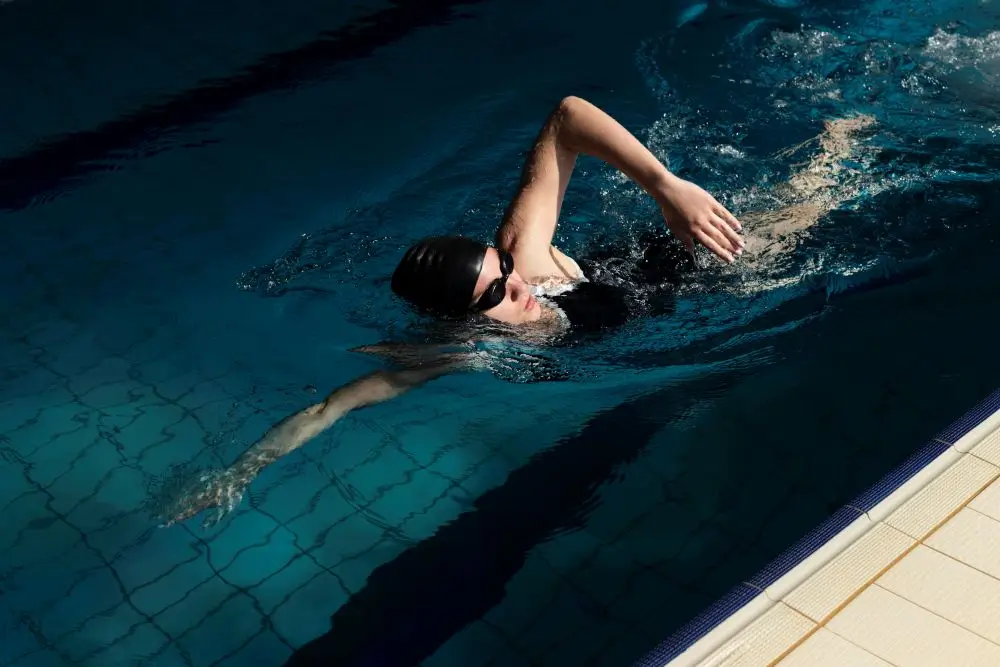
As summer heats up in Germany, thousands of people flock to swimming pools, lakes, and rivers to cool off and enjoy the sun. But this year, swimmers face a growing challenge: a nationwide shortage of lifeguards that’s raising concerns about safety in and around the water.
According to Peter Harzheim, president of the Federal Association of German Lifeguards, there is a shortfall of at least 3,000 trained lifeguards across Germany. This lack of personnel is already forcing many public pools to cut back their opening hours, and it’s putting added strain on those who are still on duty. “The consequence of this is reduced access to safe swimming areas,” Harzheim warns.
At the same time, swimming skills among young people in Germany have sharply declined. Studies show that about 50% of fourth-grade children cannot swim confidently or safely. This worrying trend stems partly from the COVID-19 pandemic and energy crises, which caused years of limited pool access for many schoolchildren.
"It worries me that so many people are now going to the lakes who can't swim well enough," Peter Harzheim told the "Rheinische Post." Especially at swimming lakes and rivers, the risk is greater "that something will happen if you're not a good swimmer."
According to the German Lifesaving Association, 411 people drowned in 2024, about 30 more than in the previous year. Numerous deaths have already occurred in swimming accidents this year. Natural swimming areas like lakes and rivers, while beautiful and popular in summer, carry higher risks for inexperienced swimmers, especially when lifeguard coverage is thin.
The German government has acknowledged the urgency of this problem. In its coalition agreement, it committed one billion euros to modernize swimming pools and sports facilities, fund swimming lessons, and even deploy mobile swimming containers to underserved areas. But experts like Janine Wissler from the Left Party argue that this investment may not be enough. She’s calling for at least one billion euros annually until the mid-2030s to restore and expand Germany’s swimming infrastructure.
Just at the beginning of July, the Pool Alliance, an association of leading associations in the swimming and bathing industry, presented a plan for a "nationwide strategy" for a sustainable supply of swimming pools. The plan envisions a system of four pool types, distributed according to demand. The top priority in the planning must be swimming lessons for children, it stated.
Swimming is one of Germany’s favorite summer pastimes, but with the lifeguard shortage and reduced swimming skills, extra care is essential. Supporting local initiatives to improve swimming education and lifeguard availability will help ensure Germany’s waters remain safe and fun for everyone.